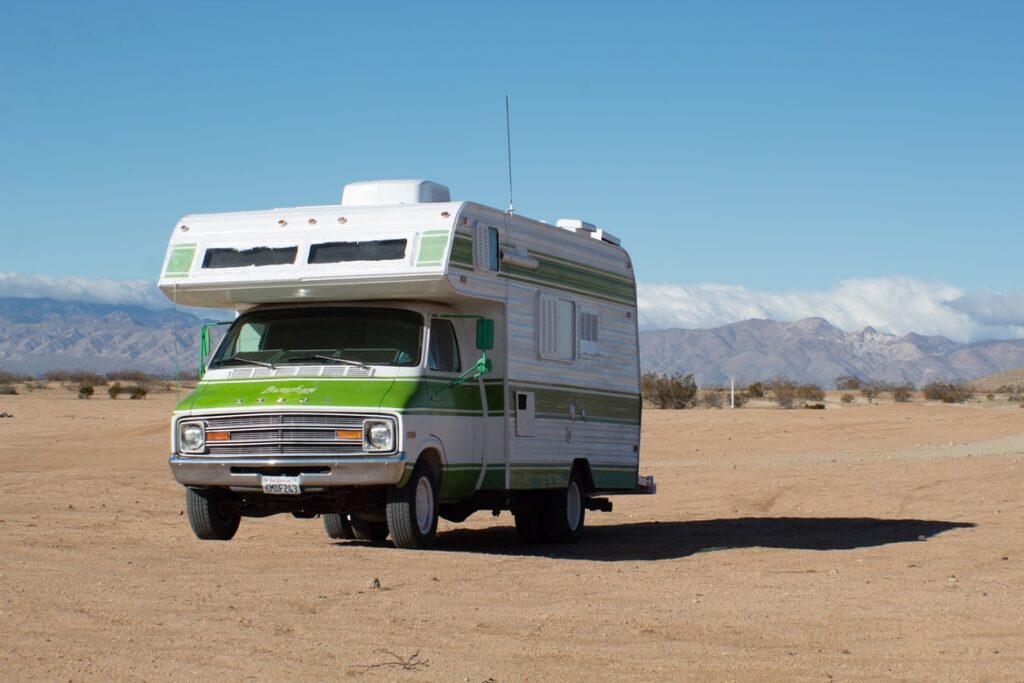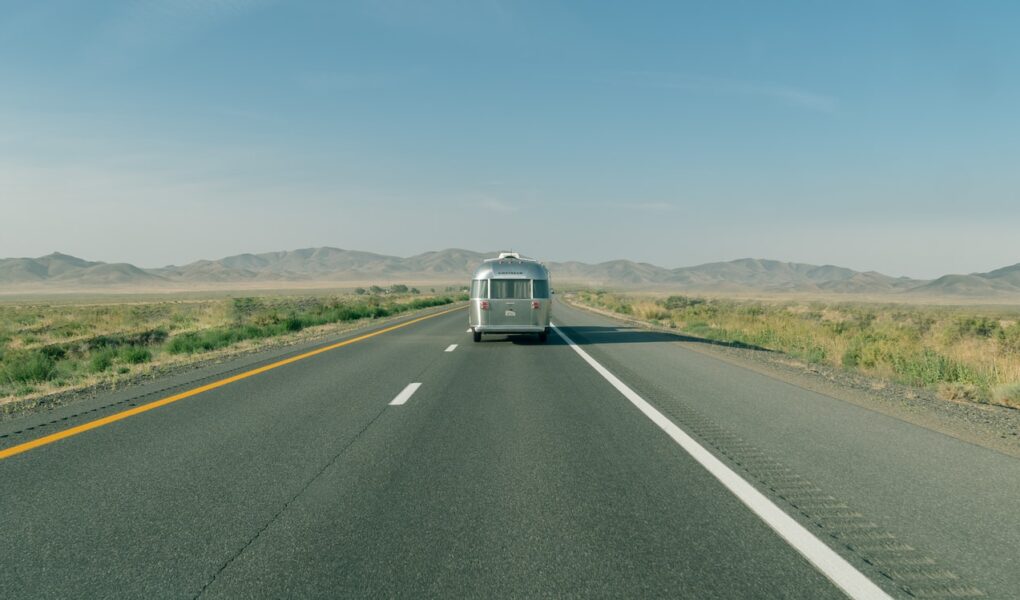RVs are everywhere on the road today, with so many different types available for people depending on their needs. Some choose to vacation, while others call their RV home. For anyone considering investing in an RV, and potentially a tow vehicle, coming up with a realistic budget before starting the hunt will save a headache or two and will speed up the entire process.
Class A
Class A RVs are typically the largest rigs on the road and come with the largest price tags. While there are a few gas models around 30 foot in length, most are diesel pushers (diesel motor in the rear) and will reach 40 to 45 feet. The obvious challenge is driving, parking, and finding parks that can accommodate that much length, and with 50 amp hookups. The benefits are the massive living space, faster setup at the park compared to trailers and 5th wheels, and the option to flat tow a spare vehicle, which is the fastest and simplest option for towing. The class A rig will almost always be the costliest, with prices ranging from $100,000 to well over $1,000,000. Older used rigs are still in the $50,000 to $150,000 range.

Class B/Van
The class B rigs are usually smaller and more agile, able to go most places that a van could. Class Bs have most of the basics in terms of facilities, but leave much to be desired in living space. Vans require significant modifications to attain the minimum facilities, and space is near non-existent. These issues don’t matter as much if the owner utilizes outside living space and learns to love the outdoors. The plus side to these size rigs is how much the map opens up with routes, parking and sites, compared to all other listed vehicles. If either have 4×4, then options for traveling and staying become endless, including some really cool dirt roads and rural areas. The prices range considerably for class Bs and can be steep, while the modified van is by far the cheapest option.
Class C
Class Cs seem to be the best option for vacationing and wanting some decent living space. For many, these rigs are the gateway to eventually upsizing to a class A. They are fast to setup, similar to the class A, and are much easier at navigating parking spaces, city streets and filling up for gas. While they don’t offer as much living space as the class A, they are much cheaper and can still operate as a home for 1 or 2 people. These too can flat tow smaller vehicles, but researching towing weight limits before purchasing is a must. Class Cs are middle of the road options for prices as well. Used, older rigs can range from $10,000 to $30,000, while new or newer can reach north of $70,000.
5th Wheels and trailers
A 5th wheel and trailer are similar in terms of benefit and provide a great way to maximize living space, while not having to sacrifice room for drivetrain and motor. They’re often the rig of choice for permanent stays and long-term space rental, with the truck used to tow providing the daily driver or work vehicle. Resale value on a trailer is better than a 5th wheel, due to having a standard hitch setup versus the specially installed 5th wheel hitch. Towing a 5th wheel provides improved performance because the pin weight of the trailer is placed over the rear axle of the truck, versus behind, as is the case with typical trailers. Costs can range, but they track similarly to class Cs by landing in the middle of expense. Decent used rigs start around $20,000. Newer trailers and 5th wheels can come with luxury models and reach prices in the $100,000s, but many new options are available at the $50,000 to $75,000 range.
Last Considerations
The amount of work and the level of investment the traveler wants to deal with while on the road should steer the decision on how old of a rig to invest in. Any RV owner will tell you that maintenance is constant, even on newer rigs, and much more so than stick and brick home ownership. Do plenty of research on quality, and especially on weights and lengths. Determining which vehicle can flat tow will require research. If you own the trailer already, choose the truck or SUV based on that, and if it’s the truck you already own, then choose the rig based on the truck’s weight and performance limitations. Having the plan determined ahead of time will make the hunt that much easier and the road that much closer!



